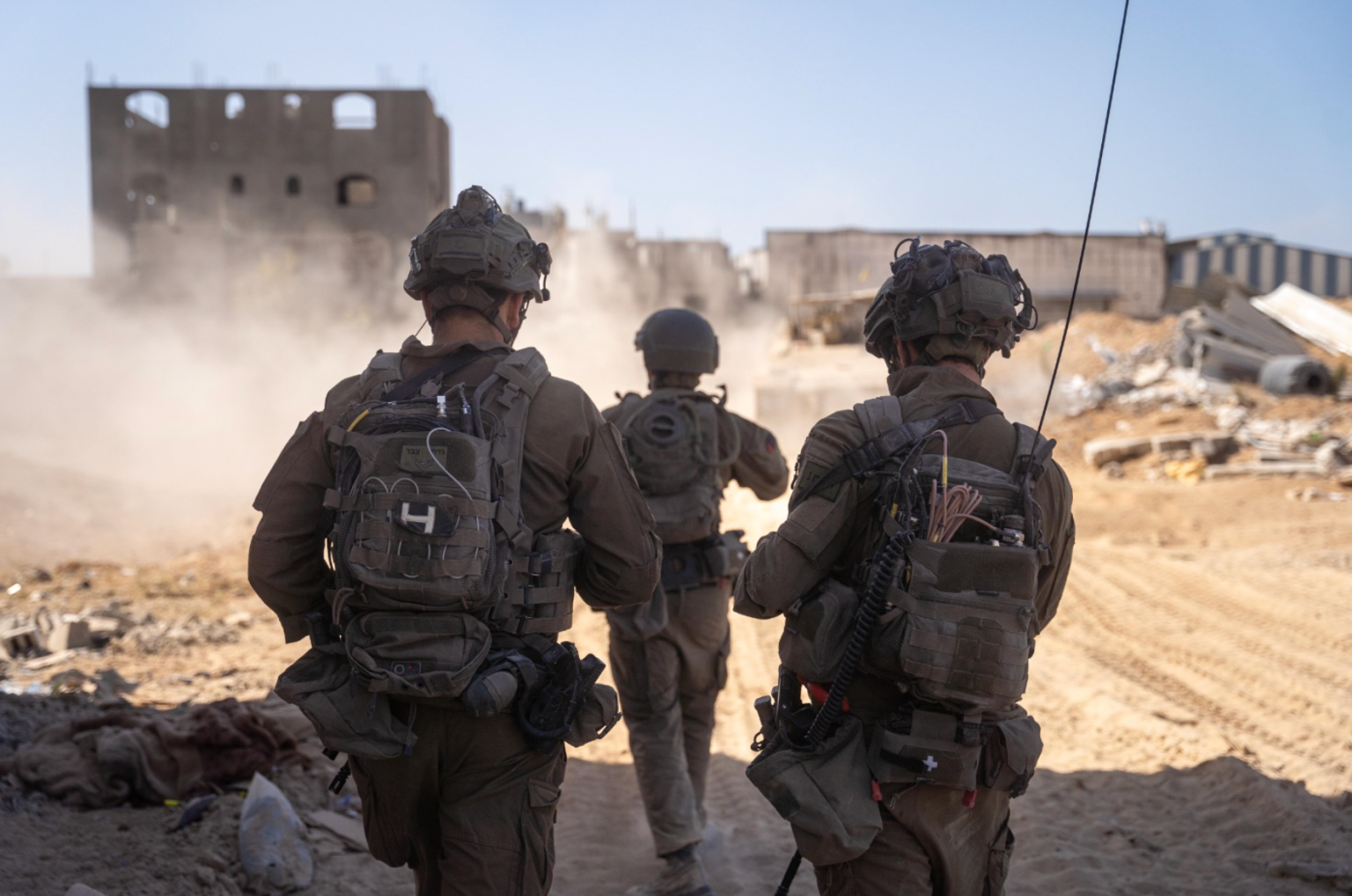Israel claimed to have killed two Hezbollah commanders responsible for over 400 strikes against them in October. The Israel Defense Forces stated that they eliminated Mousa Izz al-Din, the commander of Hezbollah’s forces in the coastal sector, and Hassan Majid Daib, Hezbollah’s artillery commander in the coastal sector, in the Tyre region of Lebanon. Daib was specifically identified as responsible for firing projectiles towards the Haifa Bay. The IDF claimed to have struck over 120 targets over the course of a day, including anti-tank missile launching sites, terrorist operatives, terror infrastructure sites, weapons storage facilities, and command centers in Lebanon. IDF soldiers were said to be conducting limited, localized, targeted raids against Hezbollah targets in southern Lebanon. The troops were reported to be operating against Hezbollah’s infrastructure, locating weapons, and eliminating terrorists in cooperation with the Israel Air Force.
Additionally, there were ongoing activities taking place in the Gaza Strip, where IDF soldiers were said to be eliminating terrorists, dismantling terror infrastructure, and locating weapons in areas such as Jabaliya, Rafah, and central Gaza. This came following reported attacks from Hezbollah forces in northern Israel, specifically in the town of Metula on the Israel-Lebanon border, resulting in the deaths of an Israeli farmer and four foreign agricultural workers. A second reported attack near Haifa left two people dead as well. The IDF also noted that a strike was carried out near the city of Nabatieh, south of Beirut, eliminating Mustafa Ahmad Shahadi of Hezbollah’s Radwan Forces. The IDF stated that Shahadi had orchestrated multiple terror attacks against Israel, and his targeting was part of an effort to degrade the capabilities of Hezbollah’s Radwan Forces to carry out terror activities against Israeli troops and communities in the northern border, especially the ‘Conquer the Galilee’ plan.
The exchange of attacks between Israel and Hezbollah was further escalated with Israel giving Hamas a deadline to end the conflict by January if Prime Minister Benjamin Netanyahu was successful in forming a new government. IDF soldiers continued to operate against Hezbollah targets in southern Lebanon, as well as conducting operational activities in the Gaza Strip where dozens of terrorists were eliminated. The ongoing conflicts highlighted the tensions and violence in the region, with Israel stating that the strikes were necessary to protect its citizens from further attacks. The IDF also continued to emphasize its efforts to degrade Hezbollah’s capabilities and prevent future terror activities against Israeli communities and troops along the border.
The targeted strikes against Hezbollah commanders and operatives were part of Israel’s broader efforts to defend itself against cross-border attacks and terrorist activities from the organization. The IDF stated that the two commanders killed had been responsible for numerous projectile launches towards Israel in recent months. These actions were seen as crucial in disrupting Hezbollah’s ability to carry out attacks and retaliate against Israeli forces, particularly in the northern border areas. The escalating conflicts and ongoing military operations highlighted the complex security challenges facing Israel, with the IDF actively engaging in defensive and offensive measures to neutralize threats from groups like Hezbollah and protect its borders and citizens from harm.
The deadly attacks carried out by Hezbollah forces in northern Israel and the subsequent retaliatory strikes from Israel underscored the volatile nature of the region and the ongoing violence between various factions. The situation was further complicated by the involvement of groups like Hamas in the Gaza Strip, adding to the complexity of the conflicts and the challenges faced by Israeli security forces. The IDF’s strategic objectives in targeting specific Hezbollah commanders and infrastructure were aimed at degrading the organization’s capabilities and preventing future attacks, while also sending a strong message of deterrence to other militant groups in the region. The continued military operations and clashes highlighted the persistent threats and security concerns faced by Israel, as well as the broader implications for regional stability and peace efforts.


